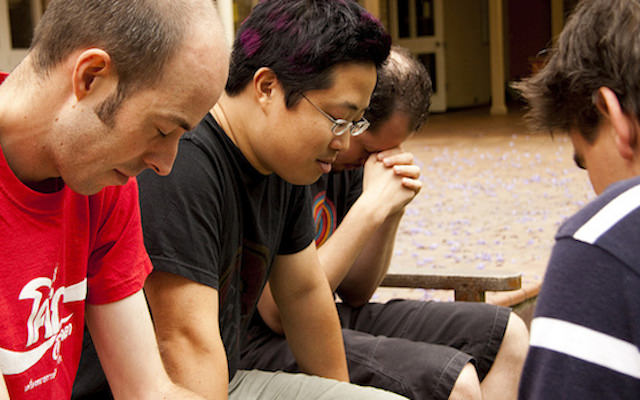Churches often struggle with empowering younger leaders, with handing significant responsibility to the next generation. Yet the Scripture gives us the sense that a church should believe in young leaders. The apostle Paul encouraged Timothy to “Let no one despise your youth; instead, you should be an example to the believers in speech, in conduct, in love, in faith, in purity (1 Timothy 4:12).
Paul was convinced that, in his young age, Timothy could set an example for others. In many ways, younger leaders who walk in humility are uniquely positioned to set an example. Instead of trusting their own wisdom, younger leaders are positioned to trust His wisdom. Because they know they are in over their heads, younger leaders are positioned to rely on the gracious hand of God. Instead of banking on their “years of experience,” younger leaders can boldly bank on the Lord’s favor and blessing.
God delights in using the weak and vulnerable to exert His power (Psalm 8:2). God is not attracted to those who believe they are strong and wise but to those who understand they are weak and foolish, those who know they need His power and grace. In both the Scripture and Church history, we see God greatly using the young to accomplish His purposes.
In Scripture
- God used Jeremiah to proclaim His truth, though Jeremiah protested saying, “I am only a young man.”
- Samuel was a young boy when he was serving in the temple.
- Josiah was 16 years old when the Lord used him to spark a revival among God’s people.
- Hezekiah was 25 years old when he became king, and he led the people to remove idols from the land, including Moses’ bronze snake that had become an object of worship.
- Mary was a teenager when the Lord chose to bring the Messiah into the world through her womb.
- The disciples Jesus chose were all young men, likely under the age of 18.
- Timothy was likely quite young when his ministry began.
In Church History
- John Calvin was converted at age 25 and within a year had completed the first draft of Institutes of the Christian Religion.
- Martin Luther was joined by Philipp Melanchthon, a 21-year old scholar, as they lectured to hundreds of university students during the years of the Reformation.
- Jonathan Edwards was 19 when he penned his 70 resolutions, which he then read once a week for the next 35 years in hopes of stirring greater affection for God.
- George Whitefield and John Wesley met together with a handful of other college students in what was called the “Holy Club.”
- One of the greatest missionary revivals is known as the Student Volunteer Movement, where hundreds of university students gave their lives to be foreign missionaries.
A church that does not believe in young leaders is a church that has drifted from our great history, a history of equipping and empowering the young to lead. A church that does not believe in young leaders is disregarding how God has chosen to work. Church, believe in younger leaders.





